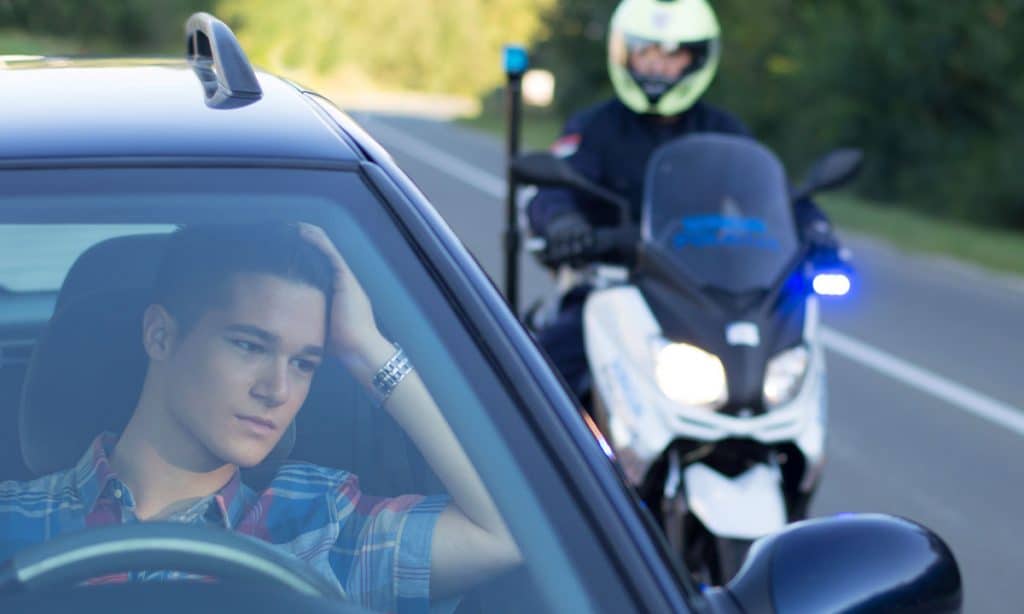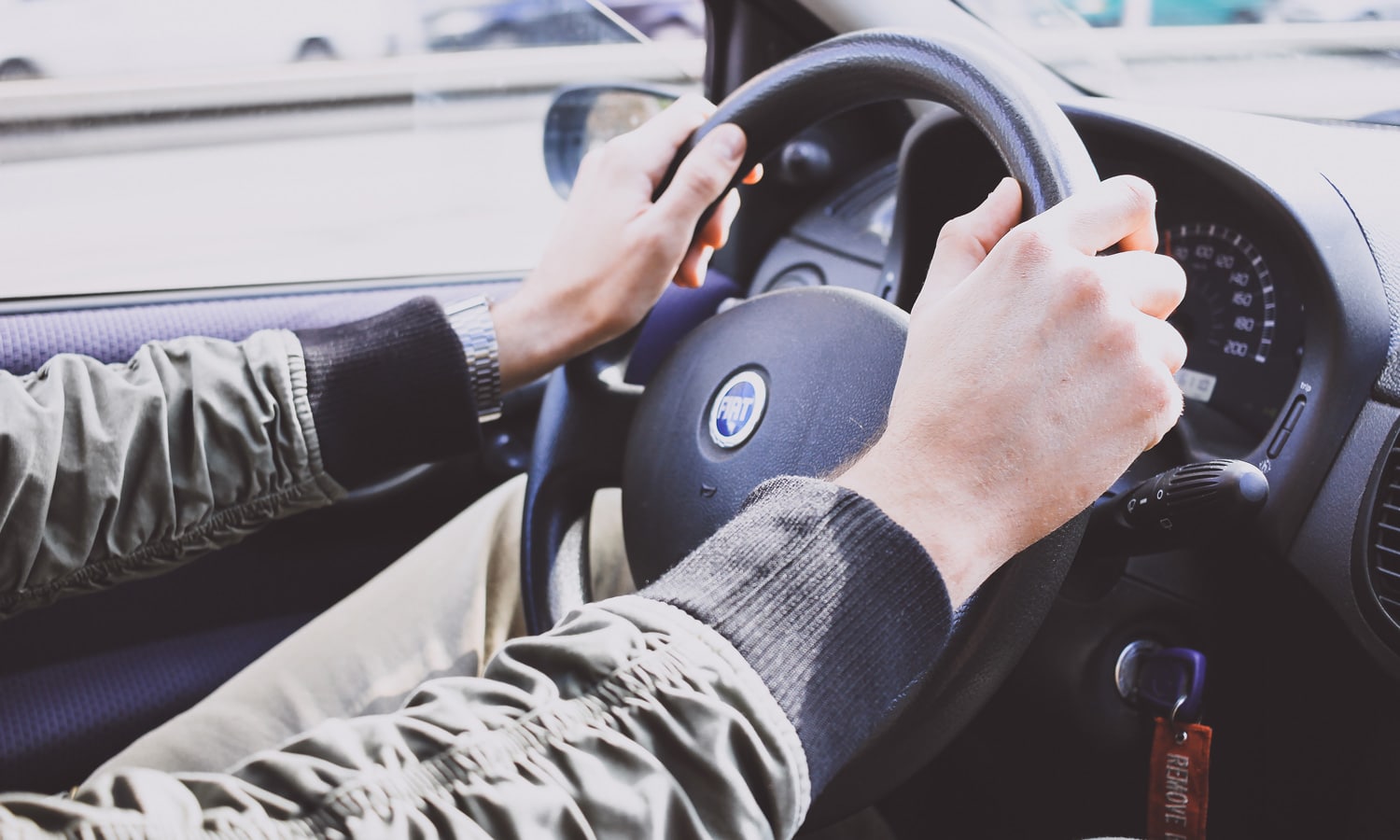Marijuana is like a road test ninja. THC that could indicate intoxication remains in your body for days, even weeks, as small amounts continue to be released into your bloodstream.
Nearly every discussion by lawmakers looking to shoot down cannabis legalization includes concerns about driving while high: Get us a roadside testing device or we’re done here.
According to the National Survey on Drug Use and Health, there were an estimated 10,511 alcohol-impaired driving deaths in 2018, but “the contribution of marijuana and other illicit drugs to these and other impaired driving deaths remains unknown.” The NSDUH also reported that during 2018, 12 million U.S. residents reported driving under the influence of marijuana in the past 12 months.
Industry manufacturers are scrambling for a roadside testing device to measure THC intoxication — the Draeger Drug Test 5000, the Securetec Drug Wipe, to name just a couple — but the reliability of those devices has come into question, according to a study. Too many false positives are found—just getting second-hand exposure to cannabis smoke can result in a positive test for THC using a roadside testing device.
RELATED: Get Busted Driving With Marijuana And You May Lose Your Vehicle
Roadside testing is done with these devices using swabs of saliva checking for an established level of intoxication. And it isn’t clear if a CBD-only product with, say, .5% THC or so, would affect the testing measurements and create false positives.

This amazing, complex plant is like a road test ninja. THC that could indicate intoxication remains in your body for days, even weeks, as small amounts continue to be released from where they are stored in your body’s fat into your blood while you go about your everyday business. You are not high, but a saliva or blood test could indicate you still hit a limit set by local law enforcement for THC intoxication.
RELATED: The Number Of People Who Get Behind The Wheel After Smoking Weed Will Surprise You
Some 11 states have adopted a per-se measurement scheme (similar to the intoxication level of a drunk driver, measured as a concentration of 5 or 10 nanograms per liter depending on the state) or zero tolerance scheme (meaning that any amount of THC detected in a fluid sample) to measure if you are too high to drive. But the Foundation for Traffic Safety determined that “the scientific evidence of impairing effects of THC on driving performance and crash risk is not clear or uniform.”
Police then are left to conduct the usual field sobriety tests they use for alcoholic-induced impairment, looking for indications of THC intoxication—the smell or marijuana (which some jurisdictions say is not a good enough reason to pull someone over), distracted speech, stopping too long at a stop sign, red eyes—or so-called behavioral impairment.

Can you beat it? Well, you can simply refuse to do the field sobriety test and the breathalyzer. Penalties in most states for that kind of refusal includes surrendering your driver’s license for a period of time. But guess what? That leaves the subjective observations by the law enforcement officer who pulled you over as the only indication of your guilt. And any good lawyer should be able to make that particular subjective analysis go away.
RELATED: Is A Cannabis DUI Really The Same As Drunk Driving?
What’s more, the instructor guide for the National Highway Traffic Safety Administration (NHTSA) says roadside sobriety tests should be done “under ideal conditions,” another loophole for a clever defense lawyer to explore.
Plus, chances are if you have to deal with the court about a hearing on your DUID (driving under the influence of drugs), you are going to get a fresh new court-appointed prosecutor who has little or no experience on the legal challenges you—or your attorney—present to him or her.
So take your chances — even the casual consumer knows driving while high has its challenges. Know your rights, but don’t become another statistic just because you want to stick it to The Man.


